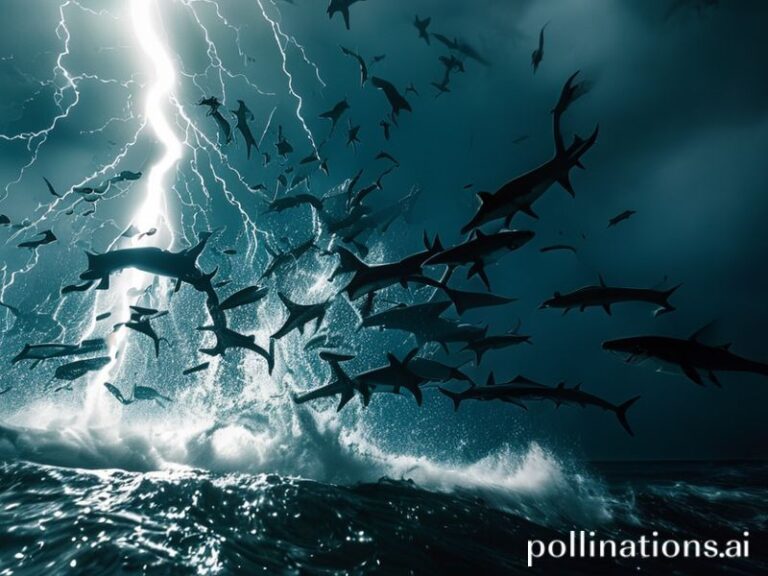Globetrotting Gladiators of Guilt: Inside the Jet-Set World of Criminal Defense Lawyers
Across the globe, the criminal defense lawyer is the last romantic still getting paid by the hour: a polyglot of panic, fluent in statutes, loopholes, and the universal dialect of “my client deeply regrets the misunderstanding.” From the neon-lit interrogation rooms of Tokyo to the crumbling colonial courthouses of Lagos, these legal mercenaries trudge through humanity’s mess like existential janitors, armed with briefcases instead of mops. Their job description is elegantly simple: convince twelve strangers—or one very tired judge—that the monster in the dock is merely a misunderstood tourist in the carnival of life.
Internationally, the role mutates like a virus adapting to local antibodies. In Switzerland, defense attorneys are practically court-appointed therapists, soothing white-collar offenders who embezzled millions but still remember their recycling schedule. In Russia, they moonlight as amateur meteorologists, forever calculating which way the political wind is blowing before selecting the appropriate level of contrition. Meanwhile, in the United States—a country that invented both the Super Size and the Super Sentence—defense lawyers are celebrated as celebrity gladiators, provided they win. Lose, and they’re overnight compost for cable-news pundits.
The economic implications are as borderless as spam email. When a Brazilian meat-packing tycoon needs laundering advice, he doesn’t call Saul; he calls the same London silk who just finished keeping a Saudi prince out of tabloid range. This trans-jurisdictional ping-pong has spawned an entire shadow economy of boutique law firms with more flags in their lobbies than the UN cafeteria. Their retainers could refinance a small nation, yet somehow the invoice still lists “photocopying” at twenty cents a page—because even global conspiracies appreciate the little cons.
Human-rights monitors like to pretend the defense bar is the immune system of democracy. A charming thought, akin to believing the appendix has a purpose. In practice, the immune system is often outgunned by exotic strains of prosecutorial overreach—especially when the state can rewrite the DNA of evidence faster than a CRISPR startup. Consider Turkey, where anti-terror statutes are so elastic they could double as yoga pants, or the Philippines, where the war on drugs offers lawyers a crash course in creative obituaries. In these jurisdictions, the defense lawyer isn’t a white blood cell so much as a polite tumor, buying time until the body politic either heals or collapses.
Technology has only accelerated the absurdity. Encrypted phones, blockchain alibis, and deep-faked confessionals now appear in evidence folders that arrive by courier drone—because nothing says “presumption of innocence” like a flying robot dropping off your future. European courts grapple with data harvested by American spy clouds; African judges squint at CCTV footage stored on Chinese servers. Somewhere in The Hague, an intern is updating the Geneva Conventions’ footnotes to include “terms-of-service violations.” The defense lawyer, naturally, is expected to master all of it while billing in six-minute increments.
Yet for all the cynicism, the profession retains a stubborn moral streak—like a cockroach surviving nuclear winter. Every so often you’ll find a public defender in Bogotá who still believes “every client is innocent until the paperwork says otherwise,” or an aging Tokyo attorney who bows to the court even when the cameras aren’t watching. Their idealism is almost touching, like a fax machine that still rings.
In the final ledger, the international criminal defense lawyer is less a guardian of justice than its reluctant custodian, forever sweeping up after the parade of human folly. They know the system is rigged, the clients are often guilty, and the invoice is definitely overdue. But tomorrow morning they’ll straighten the tie, rehearse the lie, and step back into court—because someone has to keep the lights on in the cave while the rest of us pretend we’re not afraid of the dark.







